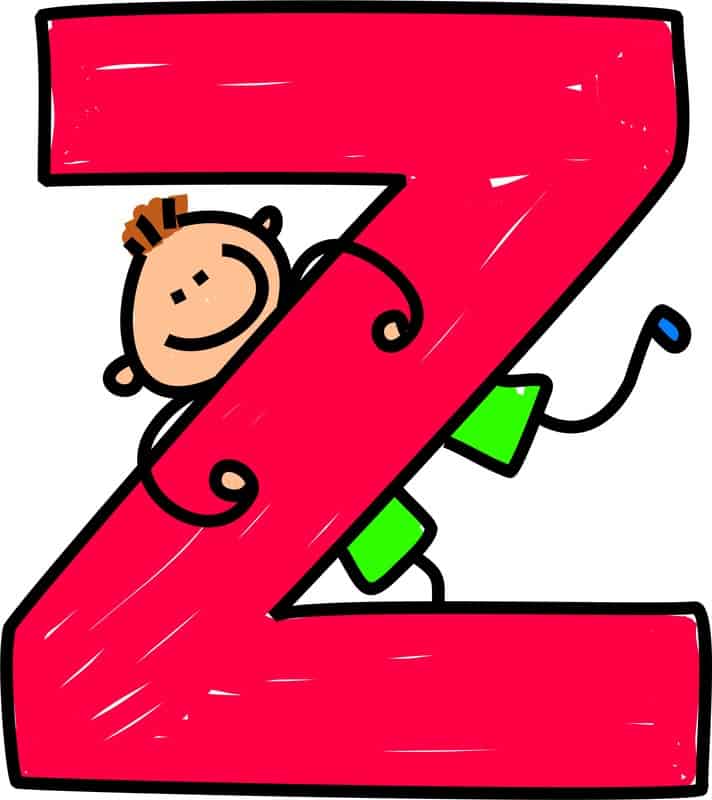Why do so many letter S’s in the American English accent sound like Z’s? This is The S-Z Mess!

Take: “poison” (POY-zin), “is” (izz), “bugs” (bugz).
It’s frustrating for non-English speakers. I had a Columbian client once who said “My sister has a great American accent and she’s always going Z-Z-Z-Z. Now I know why!”
Fortunately, there are a few rules to follow when S should be pronounced as Z
This may all feel rather dense, but muscle your way through, and you will be presented with a reward: a silly discussion of bugs and other crawly things at the bottom of this blog post!!
1. For plural or 3rd person singular words ending in a “voiced consonant” (vocal folds are vibrating), pronounce the S as Z, e.g.:
– bugs (G is voiced)
– sobs (B is voiced)
– buds (D is voiced)
Accents that change voiced sounds to voiceless sounds
(e.g. German, Turkish, most Slavic languages) may pronounce:
– bugs as buks (K is voiceless form of G)
– sobs as sops (P is voiceless form of B)
– buds as buts (T is voiceless form of D).
(This is because those languages don’t have words ending in voiced sounds! So speakers of those languages do what’s familiar.)
Learn more about our 1:1 training
Here are more examples of voiced sounds blending with Z-sound.
Read these out loud so you can feel and hear the voicing: loves, sneakers, pills, sons, soothes. Possessives (after voiced final consonants) also follow the rule: John’s, Deb’s, dog’s.
And…you can think of all this in reverse by substituting “voiceless” for “voiced”. For example, S sounds like S when following /p//t//k//f/, CH etc.
BOTTOM LINE: Voiceless sounds love S’s, and voiced sounds want to be near their beloved Z’s!!
2. For -es endings, pronounce the S as Z, when S, Z, CH, SH, DZH (the “George” sound), or ZH (the “Asia” sound) precedes that ending.
e.g. passes, oozes, watches, washes, fudges, massages.
3. For words ending with a vowel followed by S, that final sound will very often be Z.
e.g. is, was, because, has, as, always, these, those, Asia’s.
(There are a few exceptions, where S remains S: e.g. this, bus, gas, pus.)
4. For a verb that can ALSO function as a noun or adjective (close, house, use, abuse), that final sound for the verb form will be Z. e.g. “Cloze the door” vs “Let’s get close”. “Uze it or lose it” vs “What’s the use?”. (The S in the noun/adjective form will usually be pronounced as S but there are some exceptions, e.g. clozed, uzed. The verb has no exceptions – yay! )
Here are some nice, solid S-rules without exceptions:
- Double SS at the end of a word always sounds like S: kiss, business, mess.
- S at the beginning of a word always sounds like S: sit, sarcastic, Sunday.
Practice! Record yourself and compare with the recording below.
- John’s cousin’s dog’s name is Spuds.
- James is very clumsy and loves cheese on his French fries.
- We closed the deals too close to the deadline.
- He watches his 30’s going by and yearns for his 20’s.
- Matt’s homes are in St. Barts, Brussels, and Queens.
Congratulationz! You made it through the S-Z mess! Now, click here to enjoy this wonderfully hysterical article about bugs from “Wait But Why”.

